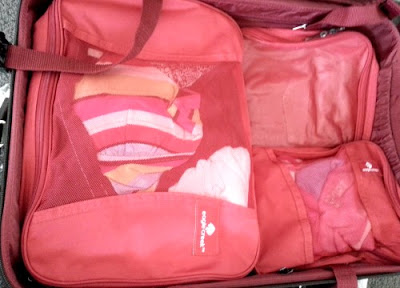Here are the But Wait There's Less Top 5 most popular posts of 2018. The ones you read the most.
I considered a Top 10 but, like most things, less is better.
Thanks for being part of this journey in 2018. I hope your 2019 is a year of less. Less stuff, less clutter, less expenses, less debt, less pressure and less stress.
I considered a Top 10 but, like most things, less is better.
1. Minimalism: A Documentary
Two long-time friends ditch "success" for happiness. They debunk the consumerist message and find we can have more happiness and less stress by simply having less stuff.2. It's so good - we DIDN'T buy one
Sharing items can be way better than owning them. This story also shows how you can share items in your area.2b. Do we have affluenza?
An oldie but a goodie. This post about consuming less and Buy Nothing New Month was written a while ago but still gets lot of reads in 2018.3. Jerry Seinfeld and the finance guy
I'm guessing the Seinfeld stand-up is the big drawcard here. Both guys give good reasons to have less junk at home. One very funny. The other very insightful.4. The best day for a garage sale
I'm a big fan of downsizing by selling online (check out my book Less Clutter More Cash). In this post I give tips for a garage sale - including the best day (for Aussies) to hold one.5. Tiny House, Big Living
This is about one of my favourite shows. People moving to smaller houses and talking about how freeing it is to finally have less stuff.Thanks for being part of this journey in 2018. I hope your 2019 is a year of less. Less stuff, less clutter, less expenses, less debt, less pressure and less stress.





Comments
Post a Comment